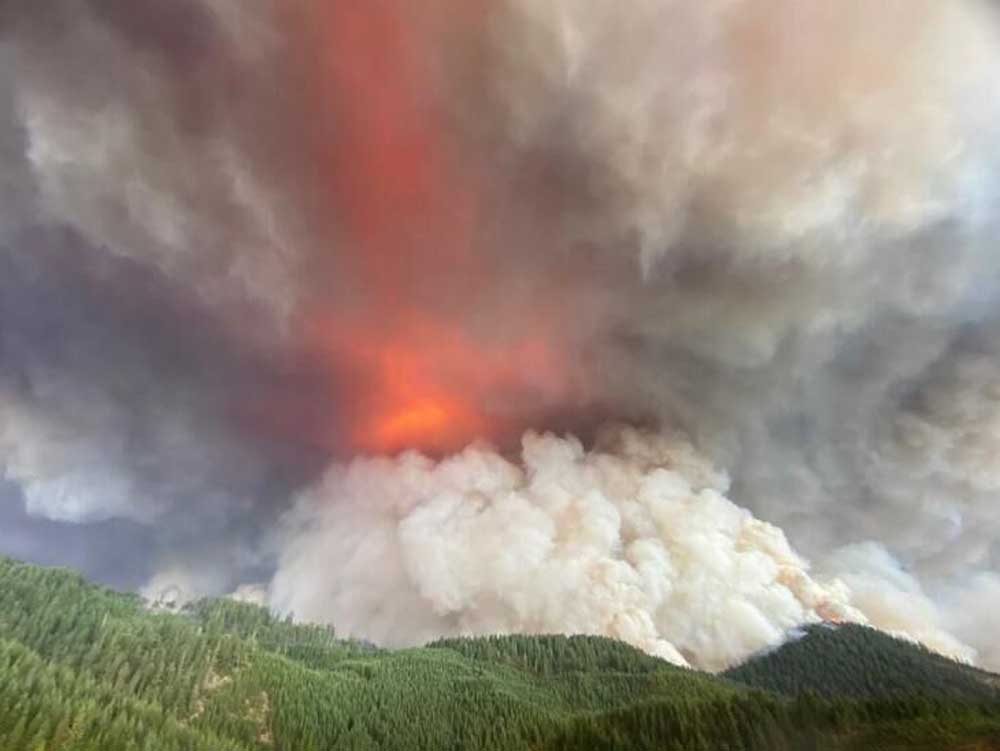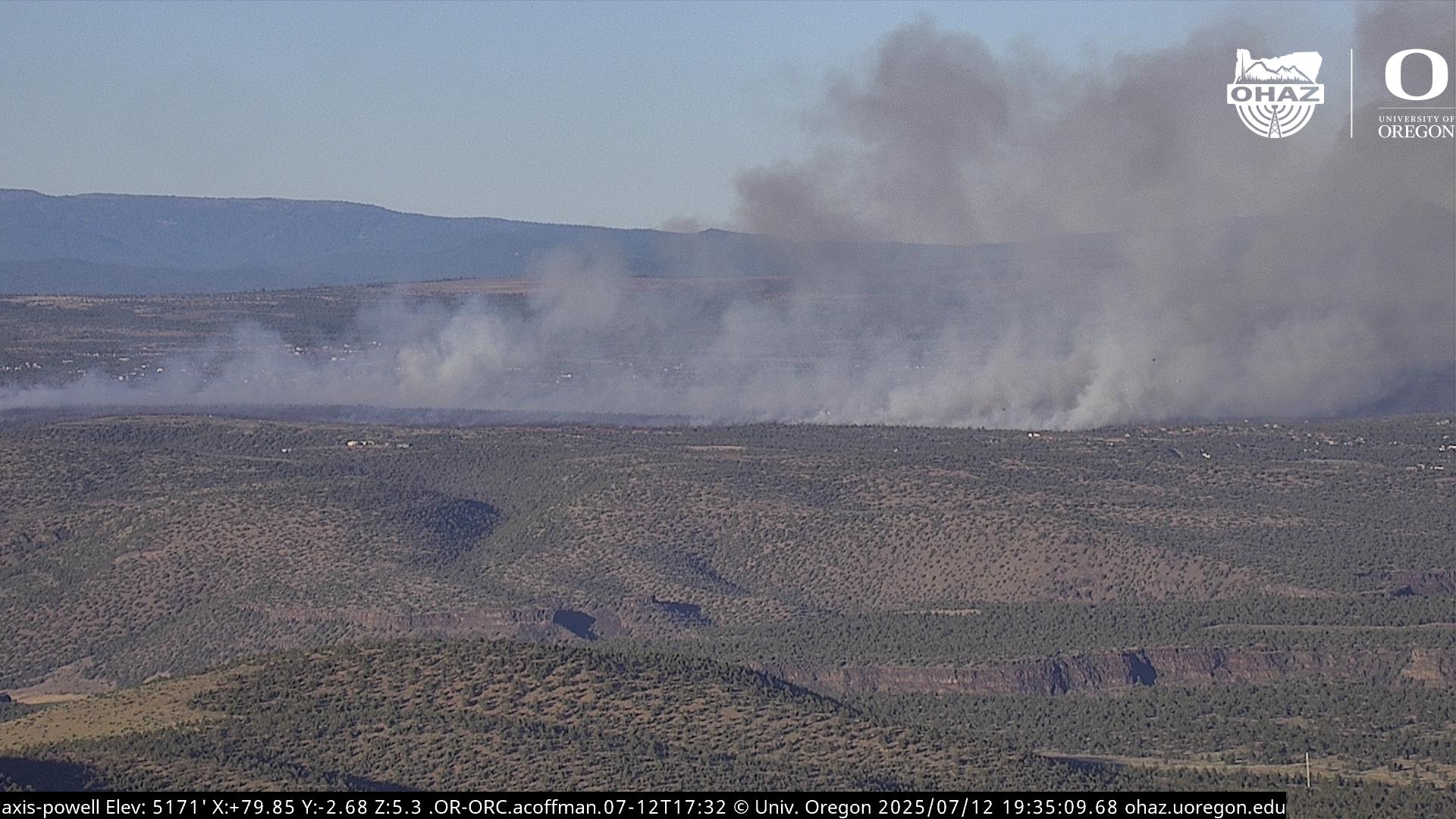Editorial: Should utility customers pay extra for a wildfire fund?
Published 5:00 am Wednesday, July 17, 2024

- Wind gusts up to 60 mph collide with record-breaking dry conditions as extreme fire behavior is observed on the Archie Creek Fire in September 2020.
If you are wondering what the future is for the utility bills for Oregonians, electric utilities and wildfire liability, look east to Utah.
That state’s Legislature created a wildfire fund paid for in part by a fire surcharge on the bills of residential customers to help pay claims for fire or property damage. The upper limit of the surcharge is an extra $3.70 per month for the average residential customer.
Trending
The fund and fee is an answer to a difficult question: What it is to be done about utilities and wildfire risk?
Electric utilities can face liability for wildfires. PacifiCorp, the parent company of Oregon’s Pacific Power and Utah’s Rocky Mountain Power, had its annual liability insurance cost jump up from $10 million to $125 million after an Oregon jury found PacifiCorp liable for damages from a wildfire in Oregon. And utility customers are the revenue stream for utilities paying their bills.
When should a utility have to pay for wildfire damage? Should they be able to pass along costs to customers? Should they only have to pay if they were found to be negligent? What if they weren’t following industry best practices? Should they pay only for verifiable loss of property or should they be liable for noneconomic damages?
Earlier this year, the Oregon Public Utility Commission rejected a request from the parent company of Pacific Power in Oregon to cap its liabilities for wildfires.
“We recognize and share PacifiCorp’s concerns about maintaining its financial health in the face of mounting wildfire liability,” a commission order from May said. “Oregonians have an interest in the solvency of their electric utilities, and unbounded wildfire verdicts can threaten that interest. A utility that cannot effectively secure financing or capital may struggle to meet growing demand, implement legislative mandates, maintain reliable service, and even make good on compensation owed to wildfire victims. Public policy and regulatory solutions to the problem of unbounded wildfire liability are urgently needed.”
Is Utah’s solution the kind of thing that the Oregon Legislature should take up?
Trending
We did ask Gov. Kotek’s office, the Oregon Citizens Utility Board and state Sen. Jeff Golden, D-Ashland, who has been active on wildfire issues, if they were aware of any discussions of a similar solution in Oregon. Golden told us he would be talking to state insurance officials about what other states are doing and will look at what Utah did.
Oregonians need a solution. It affects power bills. It affects the viability of the state’s electrical utilities. And it affects compensation for victims of wildfire. What should Oregon do? If the solution is not the Utah solution, what should it be?








